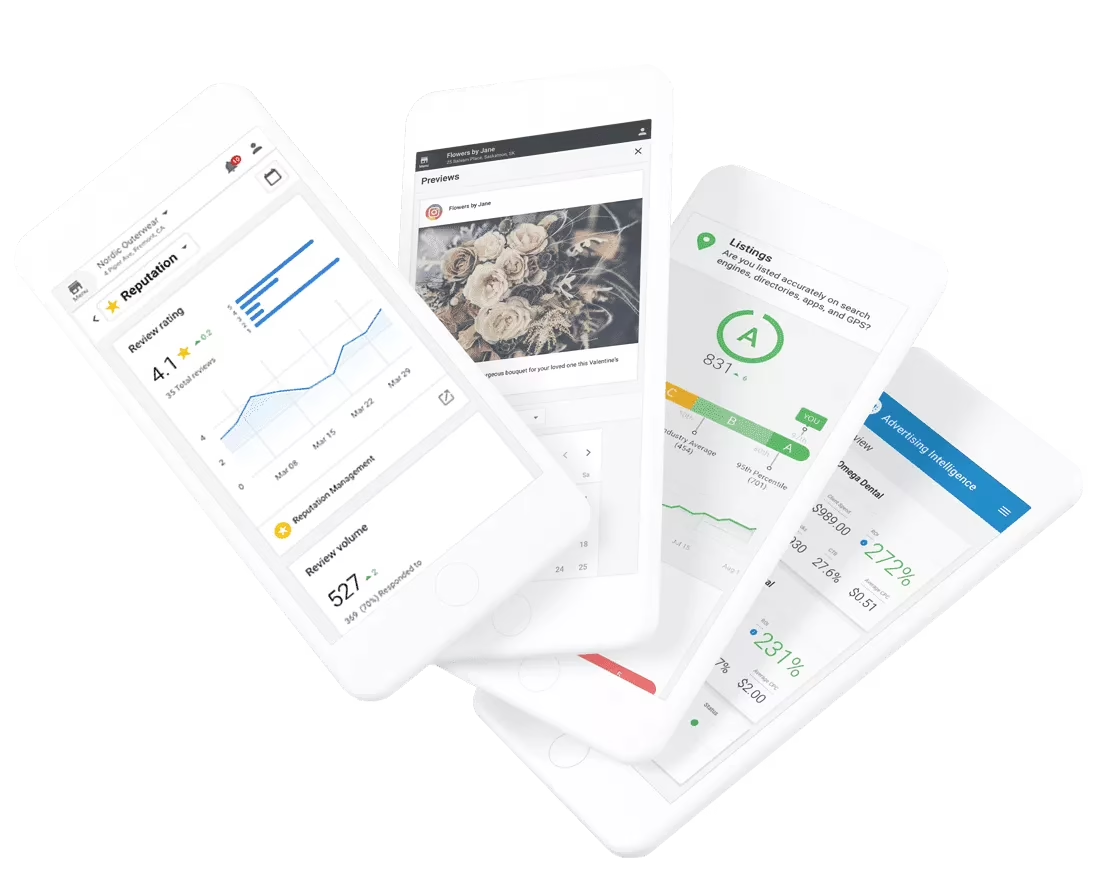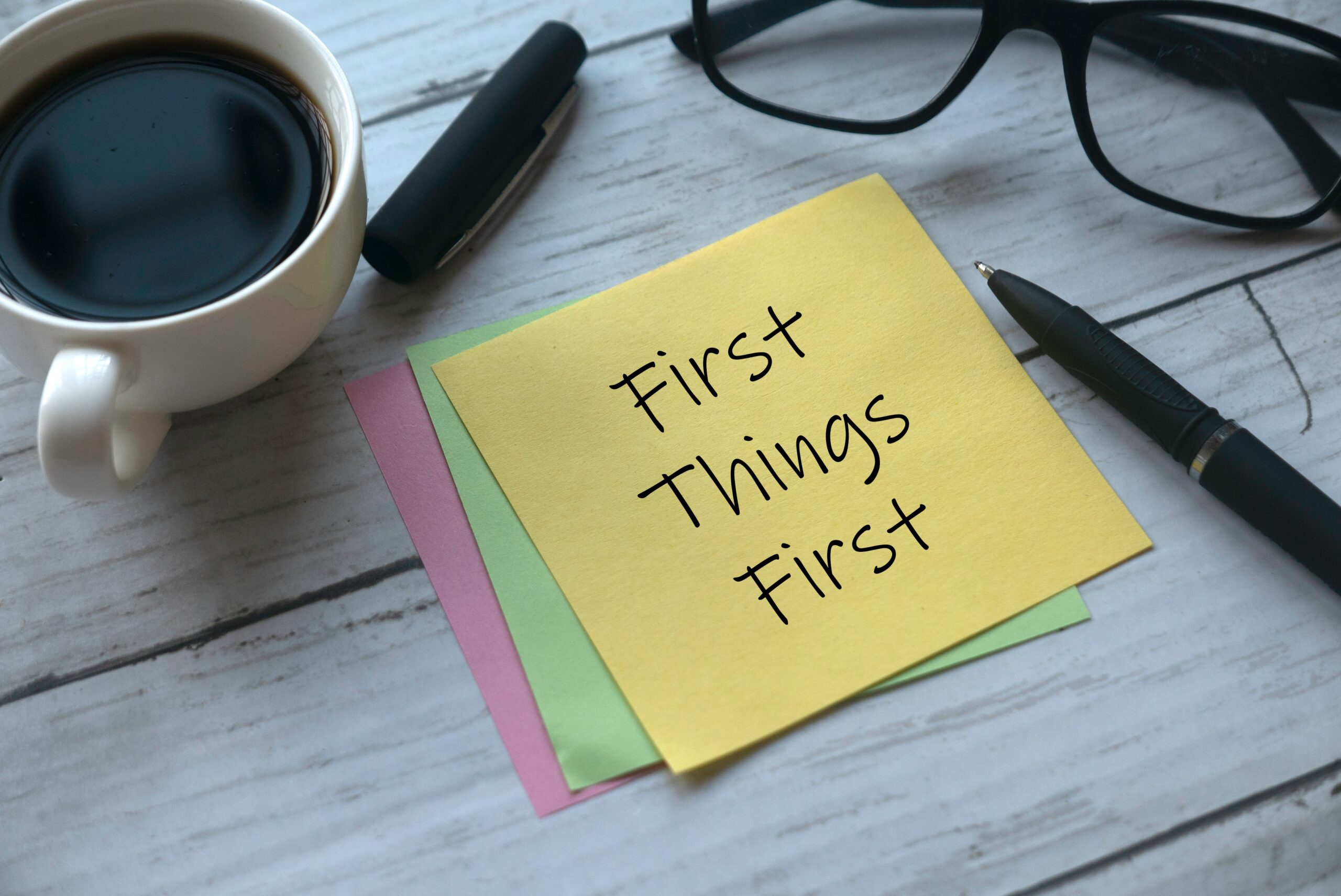The Ultimate Survival Kit for Small Businesses in Digital

The Ultimate Survival Kit for Small Businesses in Digital
Whether you’re a newbie entrepreneur or a seasoned small business owner, you know the online marketplace is crazy. But don’t worry—we’re your friendly guide, here to arm you with everything you need to navigate the digital craziness and emerge victorious.
Ready? Let’s dive into the essentials you need to succeed, from marketing tools to AI chatbots (yes, they’re your new best friends).
Your Website: The Digital Cave of Wonders
First things first: your website. Think of it as your online home base or, if you will, your digital cave of wonders. This is where potential customers come to learn about your business, browse your offerings, and (hopefully) spend some of their money, and not the Chase Bank Glitch kind, if you know what we mean.
Design: Keep it clean, modern, and user-friendly. Nobody wants to navigate a website that looks like it was designed in the 90s. (Unless, of course, your brand is all about 90s nostalgia—then, by all means, embrace the neon and Comic Sans.)
SEO: Your website should be easy to find—like the oasis in the desert. Optimize for search engines so that when people search for what you offer, your business is the first they see. How do you do that? Through constant search engine optimization efforts that require updating of your website and keywords, regularly, and on schedule. Just like changing the oil in your vehicles engine, the same rules apply.
Mobile Optimization: In 2024, if your site isn’t mobile-friendly, it’s like offering your customers a brick instead of a smartphone. If your website load times and provide the appearance of of mobile application to your every day visitor, your site visitors will know if your business is really taking care of their needs.
Marketing & Advertising: Your Megaphone to the Masses
Now that your digital cave is ready, it’s time to let people know you exist! But remember, shouting into the void won’t cut it—you need a strategy.
Social Media Marketing: Social platforms are the watering holes. Hang out where your customers are—whether it’s X, Instagram, Facebook, LinkedIn, or TikTok—and engage with them. Be social, not spammy.
Content Marketing: Think of content as the storytelling drumbeat that keeps people coming back. Blog posts, videos, and infographics are great ways to share your knowledge, entertain your audience, and establish your brand as a leader in your niche.
Email Marketing: Consider this your carrier pigeon—it’s old-school but still effective. Regular informative emails keep your customers in the loop and can be a powerful tool for building relationships. But please, stop spamming, sending 1 promotional email to your email list every day, etc. Being like everyone else will get you lowered to their level. Provide value in every area that your business can.
Paid Advertising: Sometimes, you’ve got to throw some crypto and get noticed. Pay-per-click ads, social media ads, and retargeting campaigns help you reach a broader audience quickly. But remember, it’s all about targeting the right people, not just everyone.
CRM: The Secret Weapon for Keeping Customers Happy
Customer Relationship Management (CRM) systems are like your magic map. They help you track interactions, manage customer data, and ensure that you’re always giving your customers the VIP treatment.
Customer Data: A CRM helps you gather and organize customer information—making it easy to personalize communication and build stronger relationships.
Follow-Up: Never let a lead go cold! With CRM, you can automate follow-ups and reminders so that no one falls into the Trash.
Customer Support: A CRM can integrate with customer service tools to ensure that every complaint, question, or praise is handled with care. Your customers will feel heard and appreciated—like royalty.
Productivity & Collaboration: The Tools for a Well-Oiled Machine
Running a business is no small feat—it’s like leading a pack of wild animals. To keep everything on track, you need the right tools to manage tasks, collaborate with your team, and ensure productivity stays high.
Task Management: Platforms like ADVAGY are like the GPS of your business—they help you keep track of who’s doing what and when. No more getting lost in the weeds.
Communication Tools: ADVAGY and its partners are like your campfire—where everyone gathers to share updates, ideas, and the occasional meme.
Booking & Scheduling: Keeping the Chaos at Bay
Let’s be honest—scheduling meetings is the bane of every business owner’s existence. But with the right tools, it doesn’t have to be.
Appointment Scheduling: Tools like ADVAGY can offer is like having a personal assistant who never forgets a meeting. They allow customers to book time with you directly, based on your availability, without the back-and-forth emails.
Resource Management: If you’re managing rooms, equipment, or staff schedules, tools available in ADVAGY can help you to keep everything organized and prevent double bookings. Is this possibly costing you money and frustration?
Ecommerce: Your Digital Marketplace
If you’re selling products or services online, your ecommerce platform is your marketplace. This is where the magic happens—where customers browse, add to cart, and (hopefully) hit “Buy Now.”
User Experience: Make the checkout process as smooth as possible. If it’s too complicated, customers will abandon their carts faster than you can say “Bruh Bye.”
Payment Gateways: Offer multiple payment options. The more ways people can pay, the better. With the currency markets, including cryptocurrencies, you can only succeed if you decide to implement as many payment methods as possible. This allows your local and online customers pay their financial obligation in the currency they have access to.
Security: Protect your customers’ information with SSL certificates and secure payment methods. Trust is everything.
AI Chatbot: Your 24/7 Business Assistant
Last but certainly not least, let’s talk about the AI chatbot—a must-have in today’s online world. It’s like having a guide that’s available 24/7, answering questions, helping customers, and potentially making sales while you sleep.
Customer Support: An AI chatbot can handle common questions and issues, freeing up your time for more complex tasks.
Lead Generation: Chatbots can engage visitors and capture their information, turning them into leads allowing you to focus on other things.
Sales Assistant: With the right chatbot, you can help customers find products, suggest upsells, and even guide your site visitors through the checkout process.
Conclusion
Running a small business today might feel like navigating a digital jungle, but with the right tools, you can carve out your own little paradise. From a responsive website that engages your visitors and can close sales in minutes to an AI chatbot that never sleeps. These are a couple of essentials that will help you stand out in the marketplace.

Profitable Results
With ADVAGY, you’re not just getting a service—you’re gaining a partner dedicated to your success. Our combination of AI technology and human expertise delivers the results your business deserves.
If it would be appropriate to discuss the next steps, we invite you to chat with Addy, our AI-Chatbot for assistance. For everyone who wants to jump the line, let’s go!







